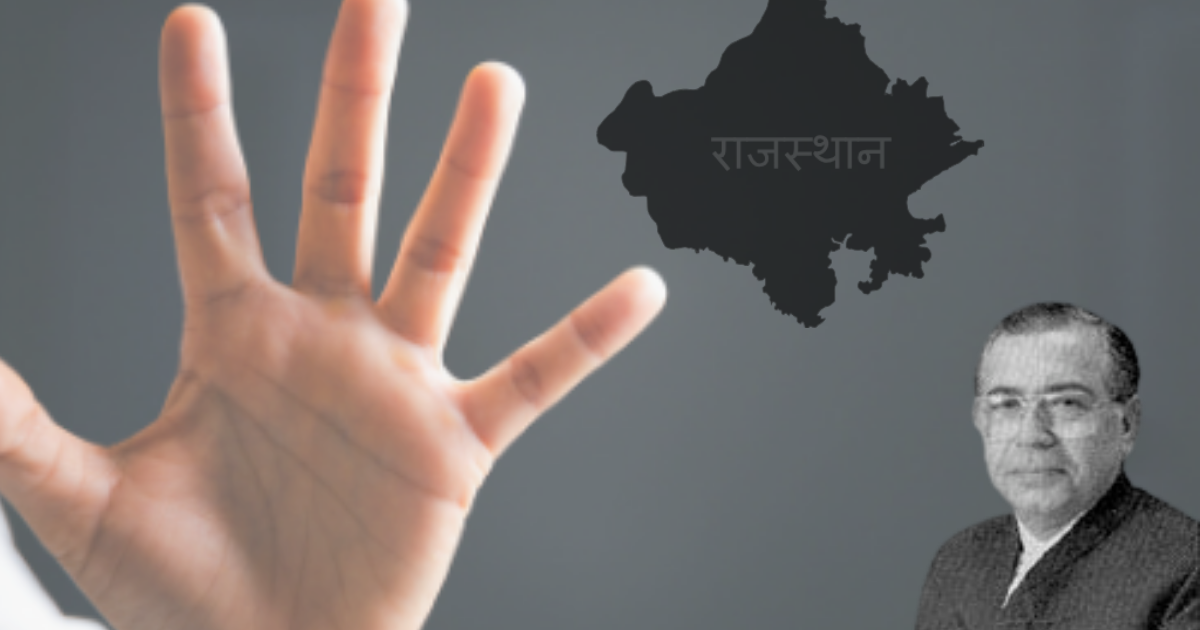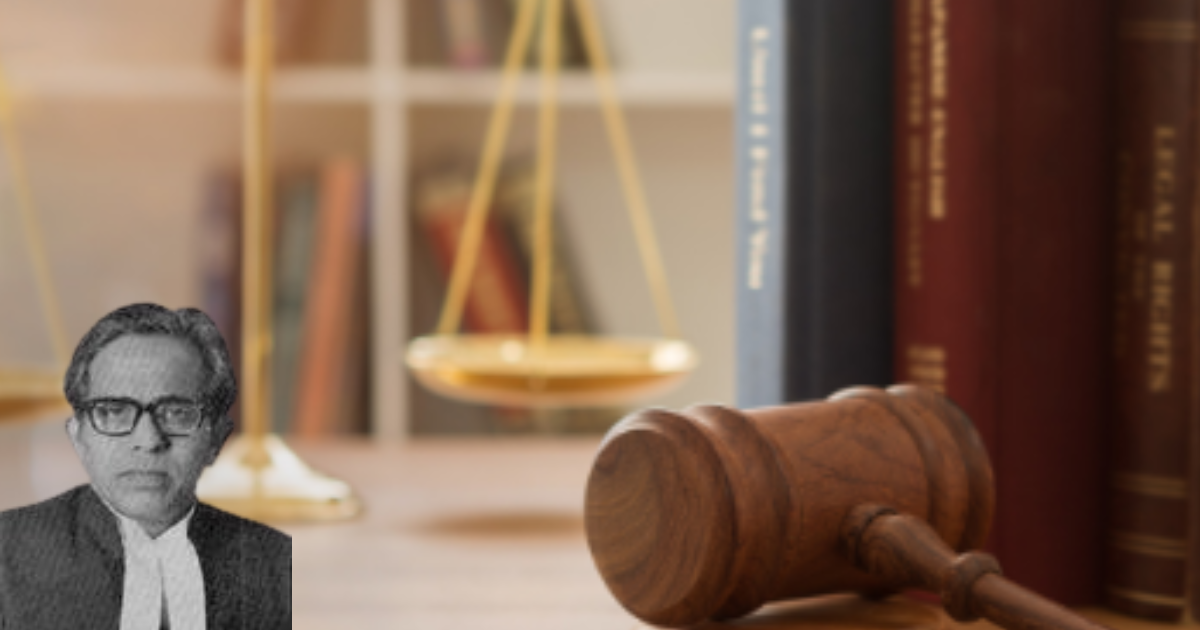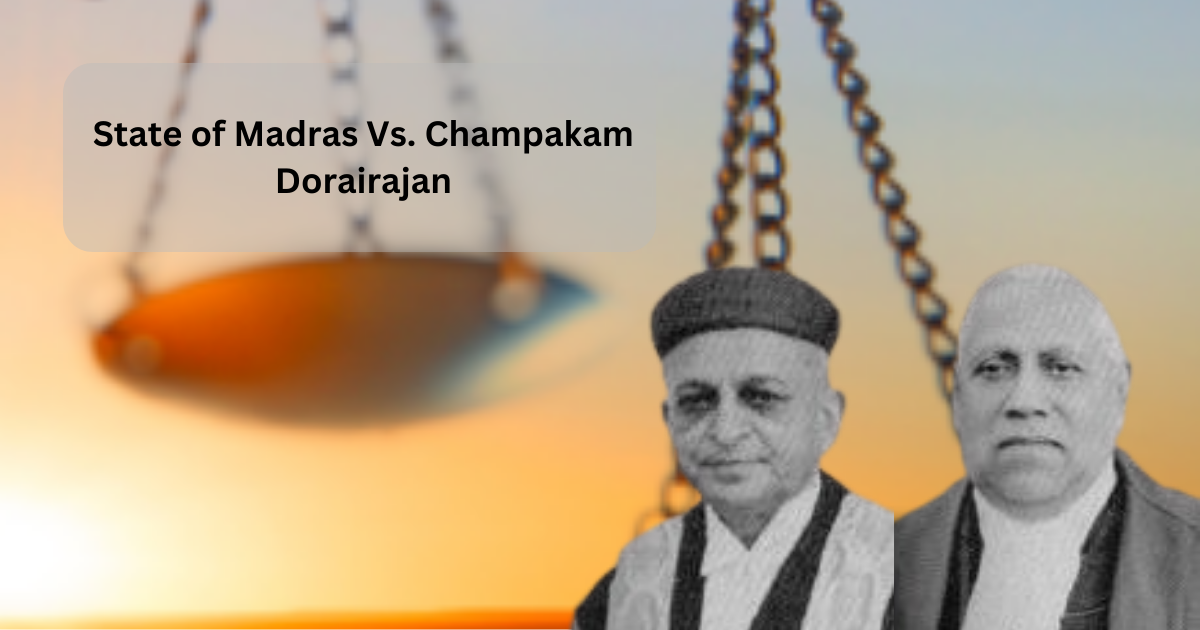In the digital age of 2015, the case of Shreya Singhal v. Union of India (2015) emerged as a pivotal moment in the realm of online freedom and constitutional rights. The legal journey, led by the protagonist Shreya Singhal, unfolded against the canvas of Section 66A of the Information Technology Act, sparking a legal debate that resonated with the core principles of freedom of speech and expression.
The tale commences with Shreya Singhal, a law student, embarking on a legal quest triggered by the arrest of two young women for their online posts criticizing the shutdown of Mumbai due to the death of a political leader. The weapon employed by the state was Section 66A, a provision of the IT Act that criminalized the sending of offensive messages online.
Shreya Singhal, deeply disturbed by the potential chilling effect of Section 66A on free speech, decided to challenge its constitutional validity. The legal battleground witnessed Shreya Singhal, with an army of legal luminaries, arguing that the provision was overbroad, vague, and in violation of the fundamental right to freedom of speech and expression guaranteed under Article 19(1)(a) of the Indian Constitution.
The legal analysis in Shreya Singhal v. Union of India delved into the interpretation of Section 66A and its conformity with constitutional principles. The Supreme Court, led by Justice J. Chelameswar and Justice Rohinton F. Nariman, embarked on a journey that would reshape the contours of online speech regulation.
Also Read: https://newslaw.in/supreme-court/nalsa-vs-union-of-india-transcending-identity-a-legal-case-summary/
The majority opinion, in a resounding declaration, struck down Section 66A as unconstitutional. The Court held that the provision was susceptible to misuse and cast a wide net that could stifle legitimate speech. The judgment emphasized the need for clear and precise language in laws that encroach upon fundamental rights and cautioned against provisions that allowed for subjective interpretations.
The legal legacy of Shreya Singhal v. Union of India drew inspiration from earlier decisions such as Bennett Coleman & Co. v. Union of India (1972 AIR 106), which underscored the paramount importance of freedom of speech in a democratic society.
The judgment in Shreya Singhal’s case did not merely confine itself to striking down a particular provision; it set a precedent that would resonate in future debates on the delicate balance between regulating online content and preserving constitutional liberties.
The aftermath of the case prompted a reevaluation of online speech regulations in India. It propelled the discourse surrounding intermediary liability, where online platforms were shielded from legal responsibility for user-generated content. The judgment acted as a catalyst for legislative amendments, emphasizing the need for precision in framing laws that may impact the vibrant landscape of online expression.
In conclusion, we may summarise what has been held by us above:
(a) Section 66A of the Information Technology Act, 2000 is struck down in its entirety being violative of Article 19(1)(a) and not saved under Article 19(2)
(b) Section 69A and the Information Technology (Procedure & Safeguards for Blocking for Access of Information by Public) Rules 2009 are constitutionally valid.
(c) Section 79 is valid subject to Section 79(3)(b) being read down to mean that an intermediary upon receiving actual knowledge from a court order or on being notified by the appropriate government or its agency that unlawful acts relatable to Article 19(2) are going to be committed then fails to expeditiously remove or disable access to such material. Similarly, the Information Technology “Intermediary Guidelines” Rules, 2011 are valid subject to Rule 3 sub-rule (4) being read down in the same manner as indicated in the judgment. (d)Section 118
(d) of the Kerala Police Act is struck down being violative of Article 19(1)(a) and not saved by Article 19(2).
All the writ petitions are disposed in the above terms.
Case Number: WRIT PETITION (CRIMINAL) NO.167 OF 2012
Case Title: SHREYA SINGHAL Vs. UNION OF INDIA



